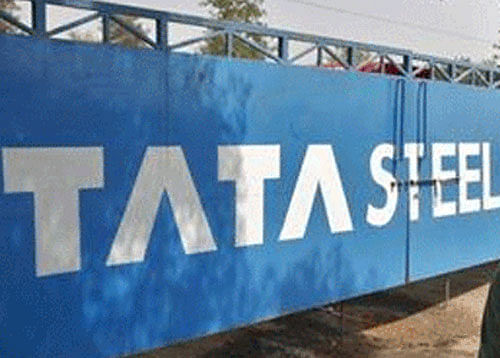Indian giant Tata Steel won a two-year contract to supply over 2,00,000 tonnes of highly wear-resistant rail tracks to a French rail operator.
Tata Steel's Europe unit will supply the majority of SNCF's rail requirements from its plant at Hayange in northern France.
"We made a significant investment in Hayange to be able to produce the 108m long rail required by SNCF. Our heat-treatment facility means we are also now able to produce highly wear-resistant rail in lengths up to 108-metre – a key requirement of most of our European customers," Henrik Adam, Tata Steel's Chief Commercial Officer, said today.
The order was secured following a 35-million euro investment by Tata Steel in 2011, which allowed the Hayange mill to produce 108m lengths of rail that the SNCF will use throughout France's standard and high-speed networks.
The new order is an extension of a previous contract with the SNCF. The Hayange rolling mill is supplied with steel from Tata Steel's Scunthorpe steelworks in the UK.
Hayange is also able to roll shorter lengths, which can be processed in the heat-treatment facility, allowing rail operators to enhance performance and reduce costs associated with more frequent worn rail replacement.
"This contract helps to justify the confidence Tata Steel placed in the Hayange mill when the company invested in 108m rail and more recently in 108m 'stress-free' heat-treated rail," said Gerard Glas, Rail Sector Head of Tata Steel.
The news comes just weeks after the unveiling of a new 12-million euro heat-treatment facility at the Hayange plant, built as part of Tata Steel's customer-focused approach to the market.
Heat-treated rail can last up to three times longer than standard rail when used in high wear conditions such as heavy traffic, high axle loads or tight curves.
The newly opened facility will allow Tata Steel to more than double its annual output of heat-treated rail from 55,000 to 125,000 tonnes.
